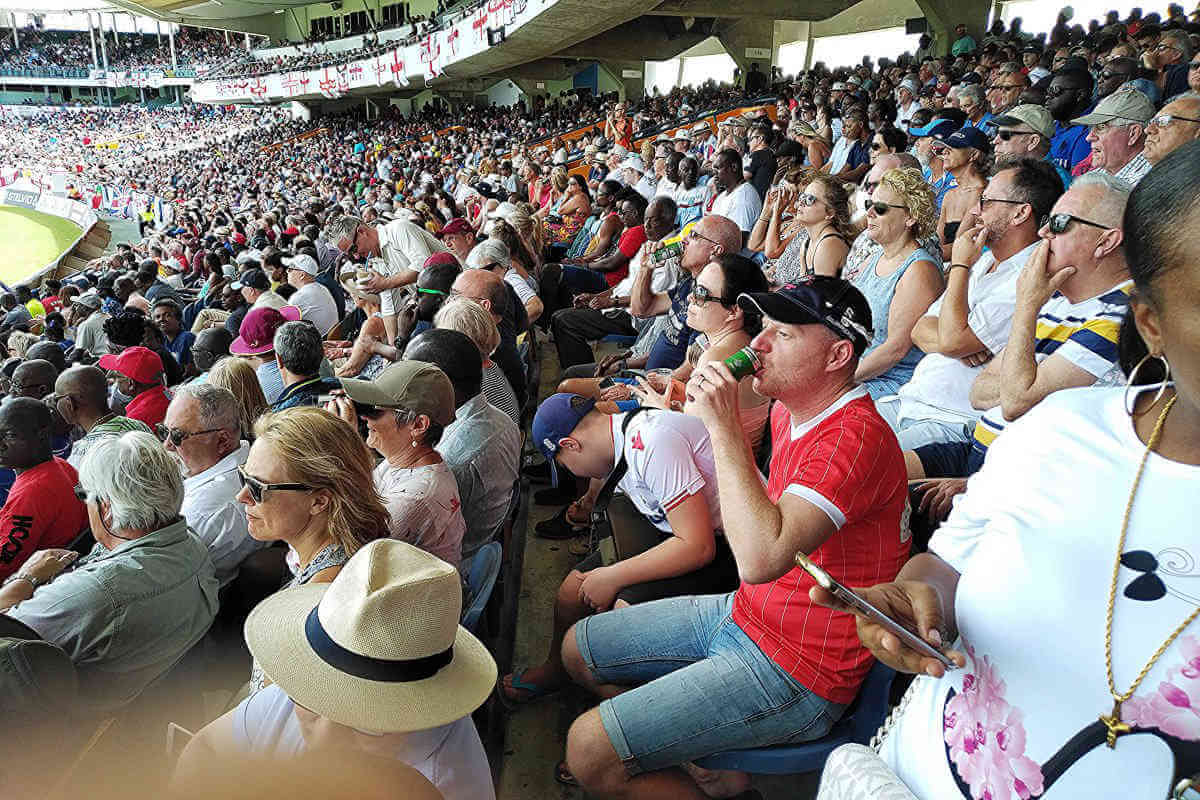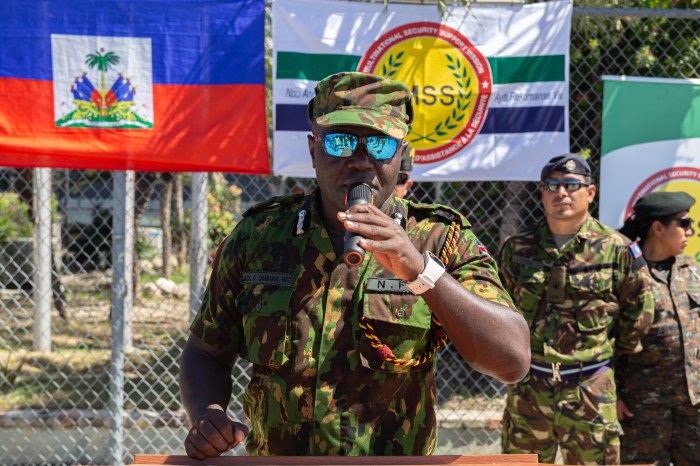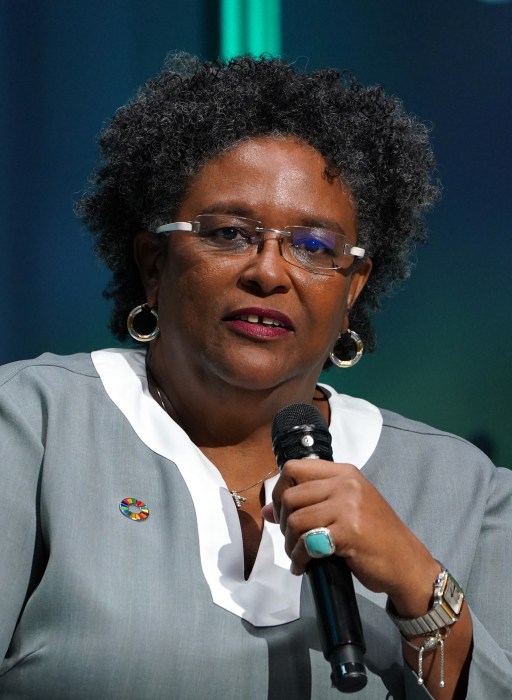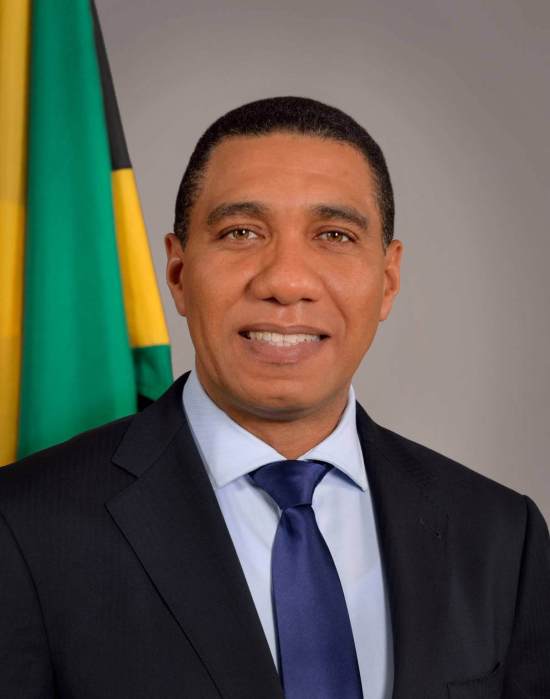The present tour of the West Indies by the English cricket team and a visit by India later in the year promise a financial bonanza not only for regional administrators of the game, but also national economies.
For most Caribbean nationals, cricket is more than a game as it tends to embody the region’s pride and rallying point, but for this collection of small territories international fixtures played at home take on additional significance, that of economics.
The region’s administrators are usually unable to demand high fees for television broadcast rights owing to the small size of the Caribbean audience and the West Indies’ current low ranking, but there is an almost magical turn-around when world-leading teams visit.
Such is the case with the current series that ends in March by England, the number five team in the world, and the late July scheduled tour by India, the world’s number one side.
Based on revenue that the number eight ranked West Indies will share with these teams, the region’s administrators expect to recoup a $20 million loss registered last year and move into a profit position.
The host Caribbean nations are expected to also see a massive jump in business that will lead to a boost of the national treasuries, not from television royalties but the influx of visitors, particularly for the England tour.
For example, Barbados that has hosted one five-day Test match and two One-Day International fixtures of the current England tour and so full were the hotels in this tourist island that cruise passengers who had missed an airline connection at the end of their excursion had to sleep on airport benches because no rooms were available.
Confirming the almost 100 percent hotel occupancy, Barbados Hotel and Tourism Association Chairman, Stephen Austin, said this week, “the whole tourism sector benefitted … It extended right through to car hires, and attractions.”
“And I don’t think we can limit it to tourism in terms of the direct tourism but we also have to look at the individual restaurants around, the bars, the snackettes.”
The England tour is spread across Barbados, St. Lucia, Grenada, St. Kitts and Antigua.
The one Test, two One-Day Internationals and two practice matches that Barbados hauled in out of the 13-match schedule is somewhat of a coup for the island because the other games are spread out across three Eastern Caribbean states.
While tourism and related services operators could begin counting profits once their rooms or seats reach a set percentage of occupancy, it is a different ball game for West Indies cricket administrators.
“It (England tour) is always important but this year more than ever because of the fact last year was such a bad year for us financially,” said West Indies Cricket Chief Executive Officer, Johnny Grave.
He said that TV rights takings from hosting Sri Lankan and Bangladeshi cricket teams in 2018, “are the worst value within that deal.”
“Last year was financially horrible,” he said, adding that on the other hand, “this year with England [already here] and India coming after the World Cup, will be a record year for the West Indies.”
“It’s a big year of cricket, big year financially and by the end of it we’ll be back on an even keel and looking ahead to the next phase which is a new ODI league, new Test championship and for us a new TV deal.”
CWI President Wycliffe ‘Dave’ Cameron said, “the unfortunate thing is that we only make money from TV when we have India or England and so our inbound tours are very important to us.”
To illustrate the unequal playing field in cricket revenue Cameron said, “India’s five-year TV rights were sold for one and a half billion dollars, England’s were sold for 1.2 billion pounds and Australia’s for 1.2 billion Aussie dollars. If West Indies get 60 million dollars for our five years rights, we would have done very well.”
While seeking better deals, the West Indies cricket administrators will be pleased with the expected financial break-even position expected this year as a starting point.



























